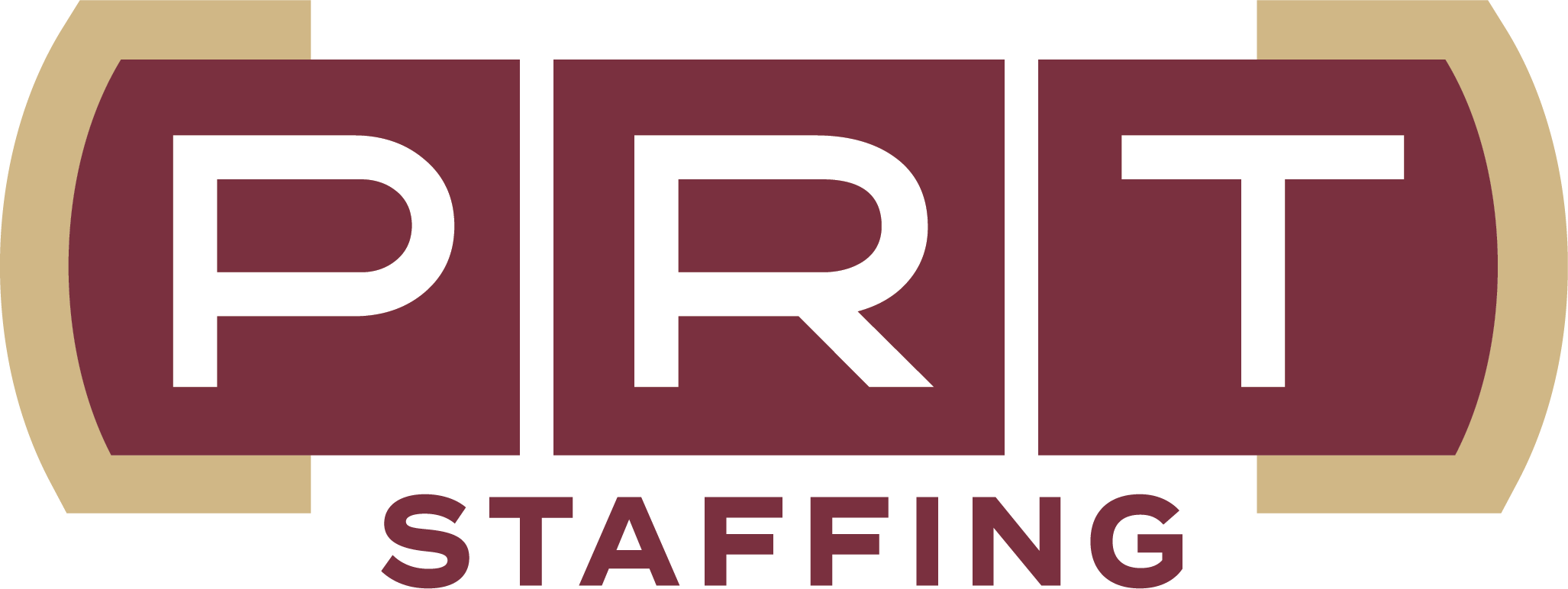What are Soft Skills and How Are They Used in the Workplace?
In an era where technological advancements are rapidly reshaping the professional landscape, the value of soft skills in the workplace has become more pronounced than ever.
Often considered the secret to professional success, soft skills go beyond technical expertise, playing a pivotal role in shaping effective collaboration, communication, and overall workplace dynamics.
“If the Covid-19 pandemic has taught us anything, it is the importance of knowing what matters most in our lives, personally and professionally. For many business leaders, it is not so much about what we can achieve, but rather how we want to act in the world,” explains Ray Williams, author of “Helping Others Live Better Lives”. “These shifts in perspective elevate the importance of what used to be considered soft skills, such as kindness, empathy, resilience, ethical behavior, and other positive character traits. In fact, as we move forward, these skills should no longer be viewed as “soft”; increasingly, they will be determinants of success.”
Defining Soft Skills: Empathy, Teamwork, Leadership and More
Soft skills, also known as interpersonal or people skills, encompass a range of non-technical abilities that enable individuals to interact effectively with others.
“Soft skills” can be defined as a collection of positive attributes and competencies that can improve work performance and productivity, enhance relationships, and make an individual more marketable in the workplace,” writes Williams.
It’s important to understand the difference between soft skills and hard skills.
“The key differences between hard skills and soft skills are how they are gained and put to use in the workplace. Hard skills are often gained through education or specific training. They include competencies like how to use a certain machine, software, or another tool,” explains Indeed. “Soft skills are more often seen as personality traits you may have spent your whole life developing. They are called upon when you manage your time, communicate with other people, or confront a difficult situation for the first time.”
Here are 20 key soft skills and how they can be used in the workplace:
- Active Listening: Fully engaging in a team discussion, asking clarifying questions, and summarizing key points to demonstrate understanding.
- Adaptability: Quickly adjusting work priorities and strategies in response to unexpected changes or challenges.
- Attitude: Maintaining an optimistic outlook, even when facing difficult challenges.
- Civility: Interacting with colleagues and clients respectfully, fostering a culture of courtesy and consideration in the workplace.
- Collaboration: Working seamlessly with cross-functional teams to achieve project milestones and deliverables.
- Communication: Clearly articulating ideas in a team meeting, ensuring everyone understands the project goals and expectations.
- Conflict Resolution: Mediating a disagreement between team members to find a mutually agreeable solution and restore harmony.
- Creativity: Introducing innovative ideas during brainstorming sessions to enhance product design or business strategies.
- Critical Thinking: Analyzing data to identify trends, challenges, and opportunities, informing strategic decision-making.
- Decision Making: Evaluating various options, considering potential outcomes, and making a well-informed decision for the benefit of the team or organization.
- Emotional Intelligence: Recognizing and understanding the emotions of team members, fostering a positive and supportive work environment.
- Empathy: Understanding and considering the perspectives and feelings of colleagues during challenging situations.
- Flexibility: Adapting to changes in project scope or strategy without hesitation, ensuring continued progress.
- Leadership: Guiding a team through a challenging project, providing direction, motivation, and support.
- Negotiation: Collaborating with external partners to reach agreements that benefit both parties in a business deal.
- Networking: Building professional relationships within and outside the organization to enhance collaboration and knowledge-sharing.
- Problem Solving: Analyzing a complex issue, identifying potential solutions, and implementing the most effective resolution.
- Teamwork: Actively collaborating with colleagues, sharing responsibilities, and contributing to the overall success of the team.
- Time Management: Prioritizing tasks, setting deadlines, and efficiently allocating time to meet project timelines.
- Work Ethic: Consistently putting in extra effort to meet deadlines and exceed performance expectations.
These examples illustrate the practical application of each soft skill in various workplace scenarios, showcasing their importance in fostering a positive and effective professional environment.
The Surge in Demand for Soft Skills in the Workplace
The demand for soft skills has experienced a remarkable surge, and various studies underscore their critical role in the contemporary workplace:
- According to a report by the World Economic Forum, the top 10 skills sought by employers in 2025 include skills that fall predominantly under the soft skills umbrella such as:
o Analytical thinking and innovation.
o Active learning and learning strategies.
o Complex problem-solving.
o Critical thinking and analysis.
o Creativity, originality, and initiative.
o Leadership and social influence.
o Resilience, stress tolerance, and flexibility.
o Reasoning, problem-solving, and ideation.
- A survey by the National Association of Colleges and Employers found that the most sought-after qualities by employers when hiring new graduates is the ability to solve problems and work in a team.
- In a report by LinkedIn, 92 percent of talent professionals and hiring managers cited soft skills as equally or more important than hard skills.
The pandemic acted as a catalyst, accelerating the importance placed on soft skills. Remote work and virtual collaboration necessitated heightened communication, adaptability, and emotional intelligence, making these skills indispensable for navigating the evolving work landscape.
Crucial Areas of Business Success: A Soft Skills Showcase
When gauging the impact of soft skills on the success of your business look closely at the following areas:
- Teamwork and Communication: Effective teamwork hinges on strong communication and collaboration. Soft skills enable individuals to express ideas clearly, actively listen, and navigate diverse perspectives, fostering a collaborative environment that propels projects forward.
- Creative and Critical Thinking: Soft skills empower individuals to think critically and creatively. These skills are instrumental in problem-solving, innovation, and adapting to rapidly changing business environments, laying the foundation for sustainable success.
- Empathy: Empathy fosters a positive workplace culture. Soft skills in empathy enable leaders and team members to understand and relate to other's experiences, creating a supportive and inclusive work environment.
- Attitude and Work Ethic: A positive attitude and strong work ethic are essential soft skills that drive individual and team success. Employees with a can-do attitude and a strong work ethic contribute to a motivated and productive work environment.
- Networking and Civility: Networking involves building professional relationships, while civility reflects respectful behavior. Soft skills in networking and civility contribute to a harmonious work environment, fostering positive relationships both within and outside the organization.
Screening Candidates: The Soft Skills Litmus Test
So, what can businesses do to screen candidates for their soft skills? It starts with asking the right questions in the interview process.
Here are five behavior-based interview questions that can help assess soft skills:
- Can you describe a situation where you had to navigate a challenging team dynamic? How did you handle it?
- Share an instance where you had to adapt to a significant change in the workplace. What was your approach?
- Can you share a situation where you faced a tight deadline and had to prioritize tasks to ensure timely completion? How did you approach the challenge, and what was the outcome?
- Describe a time when you had to navigate a project with a team member who had a different working style or perspective. How did you handle the situation to ensure effective collaboration and project success?
- Tell me about an instance where you identified a process inefficiency in your previous role. What steps did you take to address it, and what impact did your initiative have on the team or organization?
You can also assess potential employee's written and verbal communication skills through written assignments, presentations, or role-playing scenarios.
Finally, when checking with references, speak with previous employers or colleagues to gain insights into the candidate's interpersonal skills, teamwork, and overall work ethic.
Soft skills can be the key to success in today's dynamic workplace. As businesses continue to navigate the complexities of the post-pandemic professional landscape, the ability to communicate effectively, collaborate seamlessly, and adapt swiftly has become indispensable.
Recognizing, fostering, and hiring for soft skills are no longer optional; they are the key to unlocking a thriving and resilient workforce.





